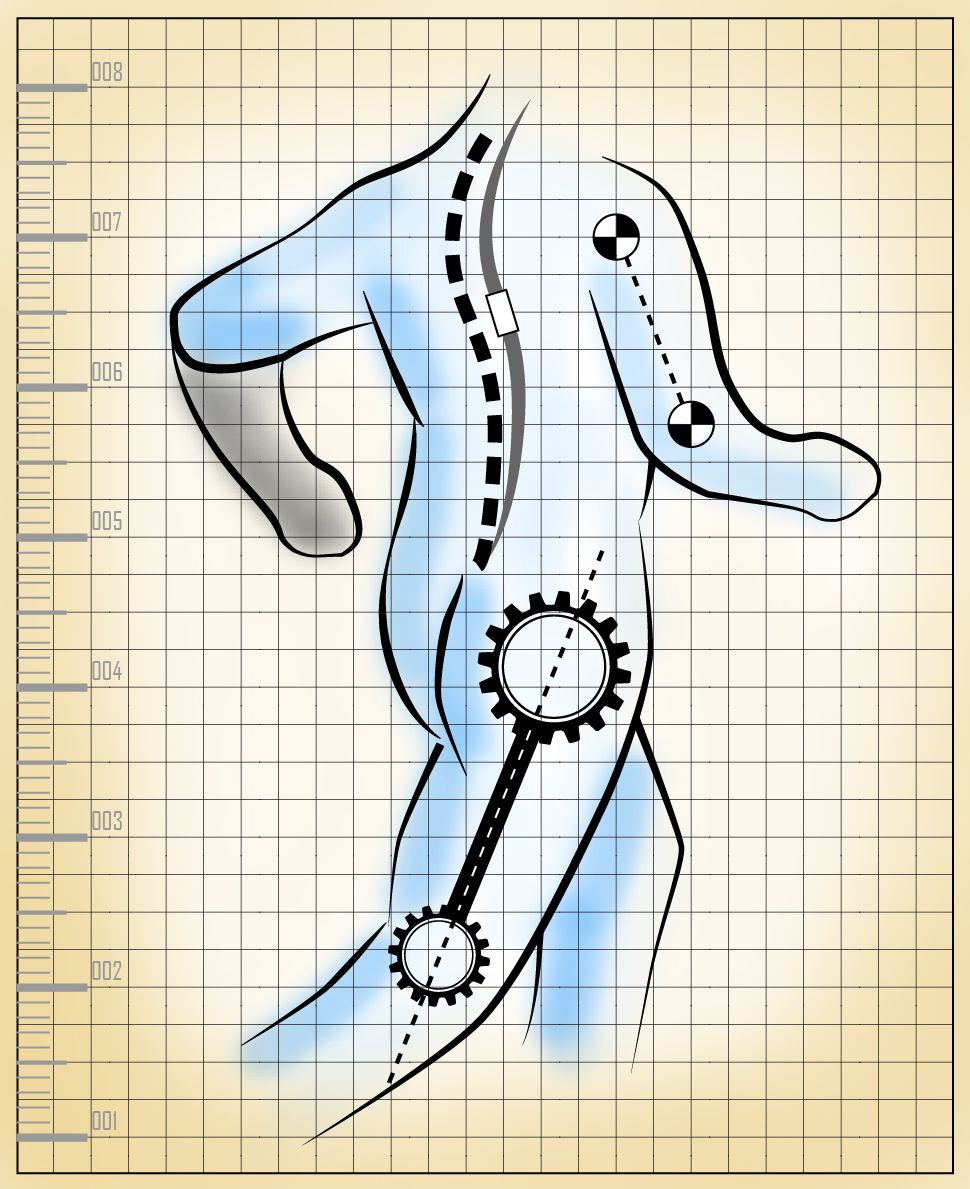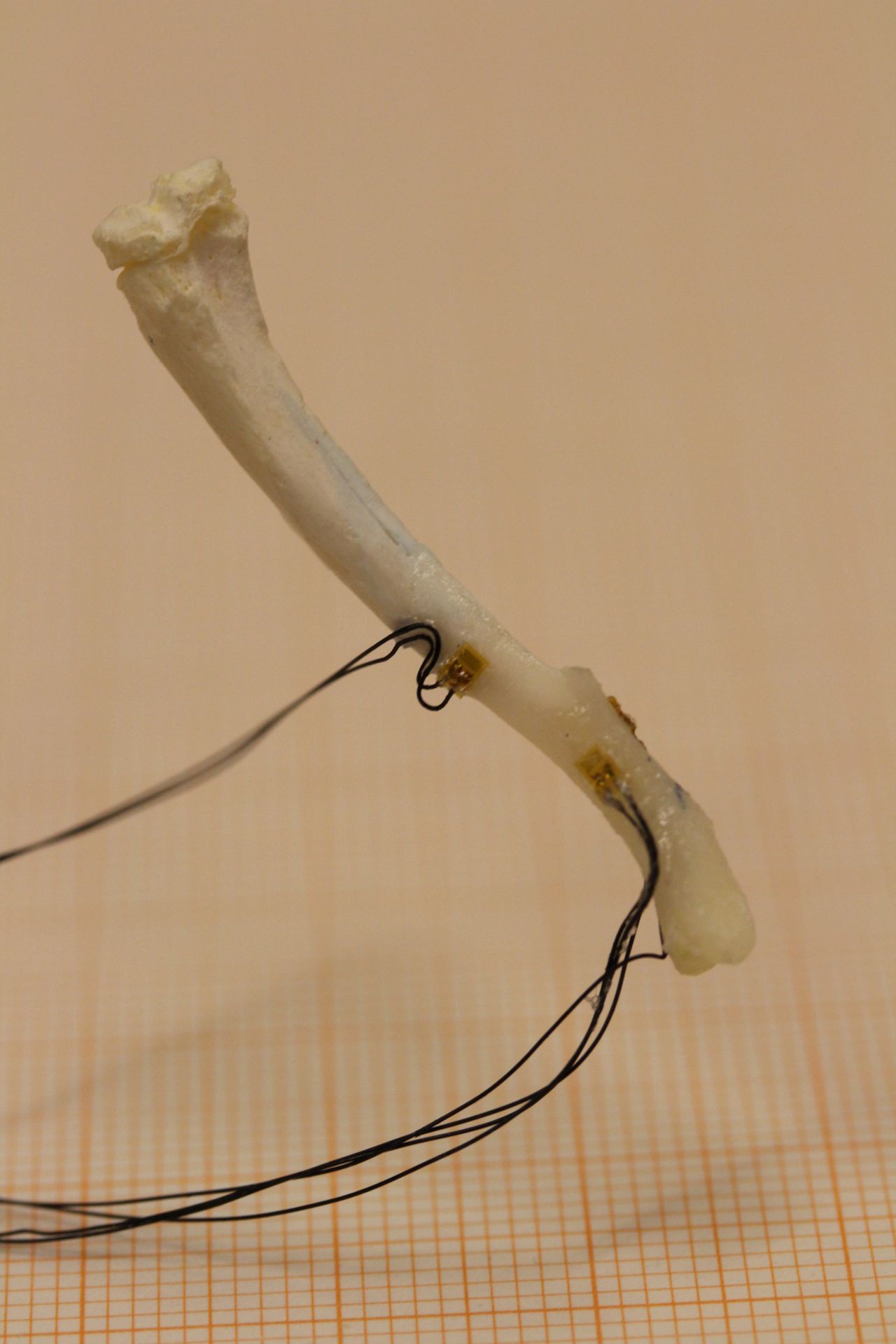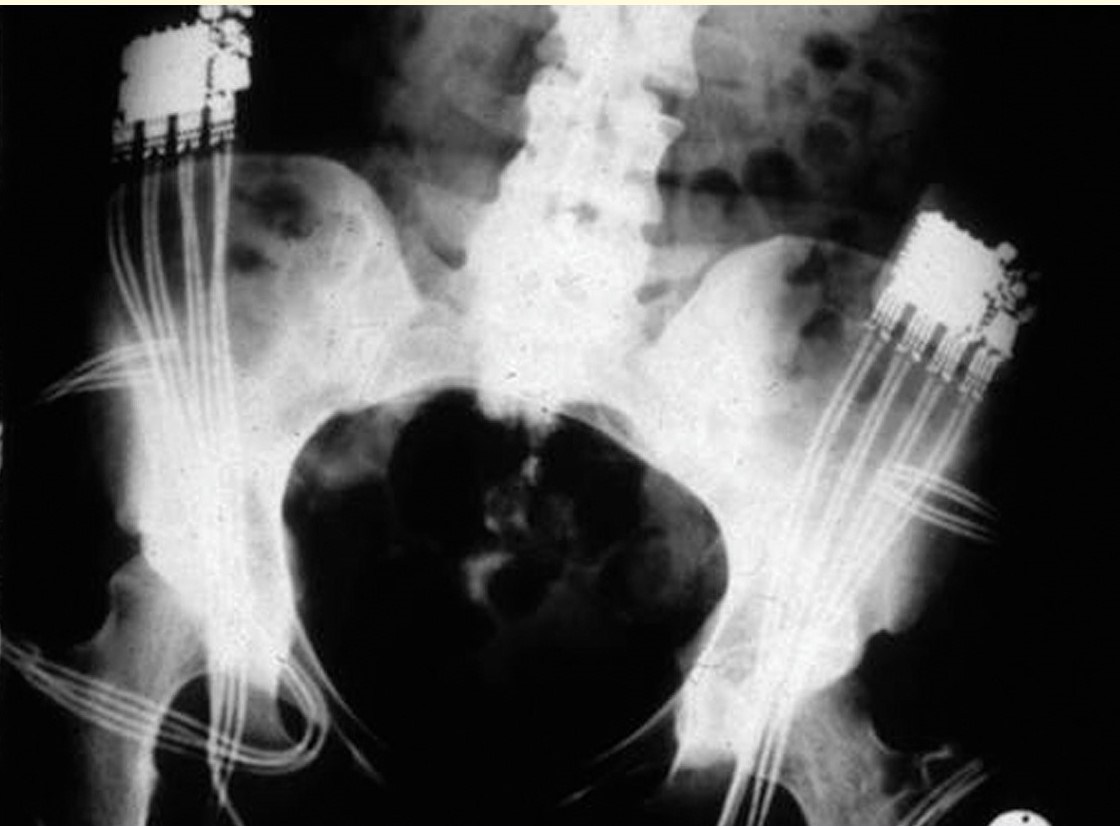Biomedical Engineering research and development in clinical and experimental settings

Neuroprosthetics and Rehabilitation Engineering is a part of the versatile field of Biomedical Engineering, and, as an interdisciplinary field of sciences, it also includes biological and neurosciences.
We design and evaluate novel technological solutions and neurorehabilitation approaches to restore altered or missing sensorimotor functions. In this frame, we develop various external and implantable devices for experimental studies and clinical investigations. Moreover, we are spearheading muscular training research following upper or lower motor neuron disorders by functional electrical stimulation, assisting mobility, as well as neuromodulation of altered sensorimotor function by transcutaneous and epidural electrical spinal cord stimulation.
Research Area Representative
Hermann Lanmüller
P +43 (0)1 40400-39850
More about this research area
Interdisciplinary research

Biomedical engineering is a crucial part of many areas of clinical research. We support in-house and external research cooperation with our know-how and by using the center's rich infrastructure. Unique expertise is available in the following areas:
- Electrophysiology and sensors
- Biomechanical measurement techniques
- Signal conditioning and data logging
- Virtual planning of research arrangements (e.g., 3D printing, augmented virtual reality)
- Electronics and mechanics
- Communication technologies (wireless and tethered)
- Software development
- Human neural control of movement and neuromodulation
History

Since the early 1980ies we have contributed to neuroprosthetics by investigating new applications and developing various technologies like stimulation and sensor systems. The use of multi-channel implants as respiratory- and leg pacemakers, the development of surface stimulators to prevent muscle atrophy during long-term flights onboard the MIR space station are only examples of our innovative work during the last decades. A significant achievement was the finding that long-term denervated muscles could be reactivated and their function partially restored by FES training. Basic understanding of denervation, technological innovations, and new rehabilitation strategies were part of the RISE project, in cooperation with international partners.

